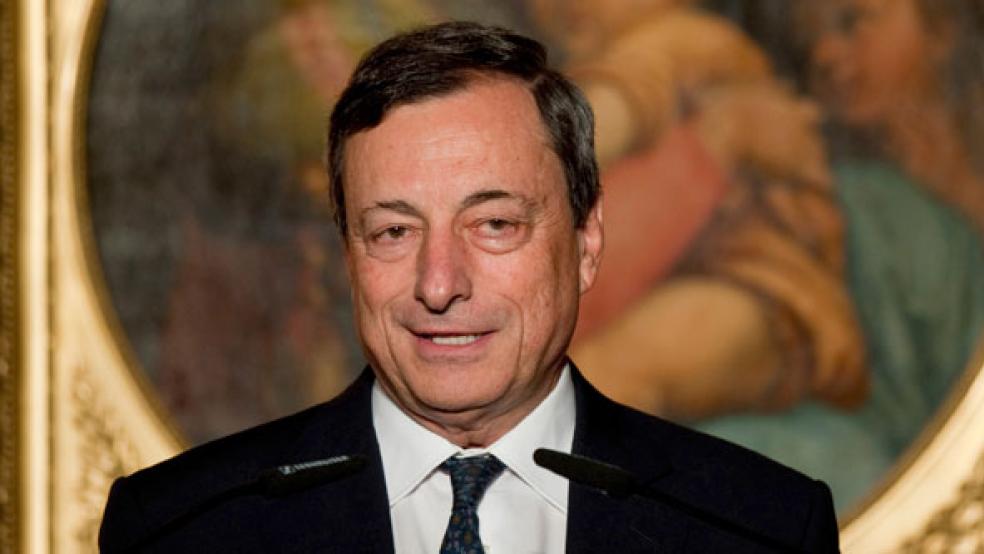Euro-phoria hit financial markets yesterday after Mario Draghi, president of the European Central Bank, said that the ECB's purchases of bonds from debt-laden and struggling countries like Spain and Italy could be unlimited. That unexpectedly strong measure effectively removes a hefty chunk of the risk that would confront investors in those bonds – potentially leaving them with the lofty returns.

In the weeks that have elapsed since Draghi pledged to do whatever it takes to restore calm to Europe's financial markets, investors have demonstrated that they are once more willing to take on risk – to some extent. Stock prices have climbed, along with valuations, although they have done so amidst light trading – a sign of a lack of conviction on the part of investors, even during the typically quieter summer months. Similarly, while the S&P 500 index has rallied, the gains in smaller, less liquid stocks have not been as impressive, while retail investors have demonstrated a clear preference for exchange-traded funds – which can be rapidly sold – over actively managed mutual funds.
Draghi's bold initiative could be a game-changer, at least for the time being. The Spanish and Italian stock markets’ bellwether indexes soared 4 percent; the S&P 500 ended the day more than 2 percent higher. Bond markets also felt the love, with yields falling to their lowest levels since early this year – or, in the case of Ireland, lower than the country has seen in almost two years. The plan is intended to be a "fully effective backstop," to use Draghi's words, that will help prevent future bond market runs on Spanish or Italian sovereign debt – but it comes with conditions attached that require recipients of that aid to ask for help from one of the Eurozone bailout funds and to submit their budgets to the International Monetary Fund.
For weeks, financial markets have speculated about what Draghi meant by the phrase "whatever it takes." Now that they know, the nature and scope of his plan has gone a long way toward addressing part of the problem – a lack of confidence. Speculators who want to bet against Spanish or Italian sovereign debt now understand that they will have to confront the ECB as a buyer of last resort.
And that's the big long-term question mark hovering over the whole deal: Just how powerful and intimidating will the ECB prove to be? Germany's Bundesbank remains opposed to the nature of the plan, with Jens Weidmann, the German central bank's head, arguing that it comes too close to being fiscal policy.
Then there’s the question of the ECB’s ability to keep printing money. Will there come a point at which the bank reaches a limit in its ability to keep buying, despite the tough talk of its spending power as being "unlimited"? The answer is almost certainly yes, and if Europe's policy makers don't seize this opportunity to address the roots of the crisis, the temptation will grow among financial market participants to figure out just what that limit is.
That in turn means that there's a time limit on the celebrations. Draghi, by acting so decisively, has tossed the ball firmly and permanently into the camp of the Eurozone member states. The ECB has done all that it is within its power to do – some would argue that it has probably done more than it should. It has bought time for the politicians – but not an indefinite or “unlimited” amount of it.
This goes beyond the "band aids" that Europe's leaders have often been accused of trying to apply to the debt crisis – but it isn't a cure. Think of it as a cast applied to a broken leg, enabling it to heal. But casts come off eventually, and the patient needs to be able to walk on his own. And ensuring that happens is up to the politicians.
The Europhoria won't evaporate overnight, but the Europhobia that has been so much a characteristic of financial markets over the last two years hasn't fled the scene for good. By all means, relish the good news, but do so while understanding that this isn't the end; more likely, as Winston Churchill memorably phrased it, just the end of the beginning.






